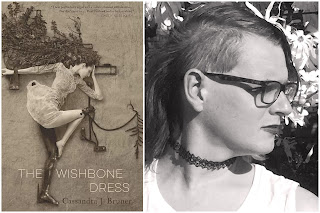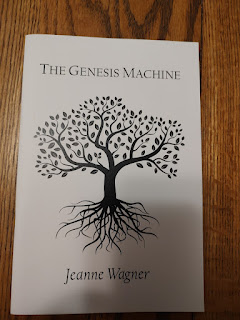Finding the next book to read each day, here in the August Sealey Challenge, is sometimes entirely random, sometimes speculative or intuitive. As the weekend approached, I saw that
Pyx, by Corinne Lee, and
Saints, by Reginald Gibbons, books in my stacks in baskets (both coincidentally in the National Poetry Series) had titles tending toward potential Sunday reading. "Pyx" is a container for the Eucharist. When I opened
Pyx to the first poem, "Lysistrata Motley," I found an immediate coincidence, since yesterday's poet, Jessy Randall, references Lysistrata in
Mathematics for Ladies: "Oh, ladies, you hear what I'm saying loud and clear. / Have you read
Lysistrata?" So
Pyx it is!
But for today, Saturday, aka Slattern Day in the blog, not Sunday. (Though, truthfully, I have already done some housework.)
From "Lysistrata Motley," in Pyx, I learned: "The Egyptians jettisoned
a mummy's cerebrum, knowing
the heart should do
all thinking.
Good to know, in all the ways. More coincidence: "Conveniently, the fabulous hat / appears // on the bed." Lines that bring back all the fabulous hats I saw last night in a production of
Crowns, by Regina Taylor, with the Coalescence Theatre Project. And here's another: "Going over the falls / in a barrel / with the dreamed of, but born awry." Out of its context, but wonderful on its own, and evoking, for me, the cover of
The Niagara River!
Everything connects, and a month of poetry confirms it!
The once again helpful notes at the end of
Pyx alerted me to how the poem "After the Caves" connects to Helen Frankenthaler's
Before the Caves and Frida Kahlo's
Self-Portrait with Thorn Necklace and Humningbird. The latter also connects with Lee's poem "Self-Portrait with Thorn Necklet and Crow," which begins, "Loneliness / of coral. But beyond yonder window, a spoon bends," showing you the simultaneity of emotion and surreal images in
Pyx. These lines from "After the Caves" hurt in themselves and made me seek out the painters and paintings:
If born with plenary,
the infant
daughter might have had
a rib like mine.
Instead, this portrait
of woman as table.
Carved by opener
of the body.
The next poem, "Our Lady of the Divine Sacrum," made me look up the word "picador," also the name of a publisher I like. A picador is a kind of horseman in a bullfight, like other figures (matador, toreador), one who lances the bull to keep his head down. I looked it up in an actual book dictionary in the middle of the night, sleep still awry (to use a word from one of the poems!). Will there now be nightmares?
Indeed, this book has its own logic, like a dream. I celebrate each time I connect, as if I might be interpreting the dream correctly. Having written a Bigfoot poem myself, I delight to read "As Bigfoot, I Interpret Our Heyday," even though it's a lament about a bad time in a marriage. I connect to "Excavation" in its relentless need to protect children, their vulnerability. These children have gone on a mock archeological dig:
Like my shoveling toddlers, I want
the world to be pristine,
of my design--playground wounds like zippers, raptors
that only kiss dumpling hands.
I do love the more "domestic" poems in Pyx, the tumbling love of children, as well as the overall love of language in it. I love how philosophy slips in gently, relentlessly, alongside the quotidien: "Since we reside in a garden, / there is no purpose / but pollen." And to see, or assume, that the marriage survives, there is continued family life! Or does it slip away?
There was the night
we wed, you feeding me marzipan pawpaws
with your teeth. Our love
not yet shrouded
by time's daft--but accurate--disguises.
And, though not named as August, there is an August feel to the opening of "Substratum":
Setting paper cups
of Shiraz
at yarrow's edges
for the elves. The cicadas throbbing.
The cicadas are still throbbing here, where I am, in August.








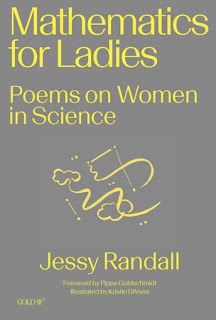

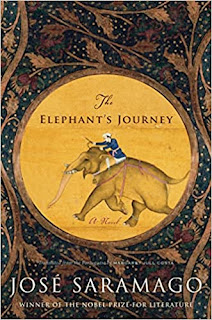
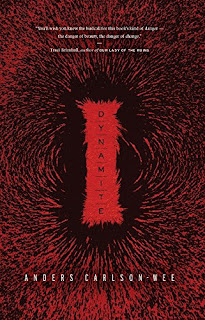
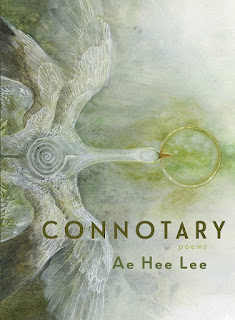









.jpg)




